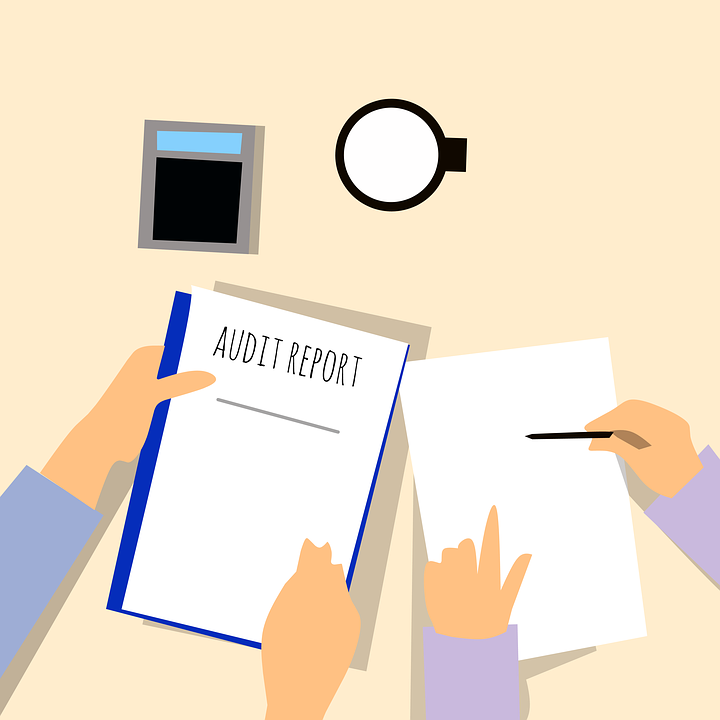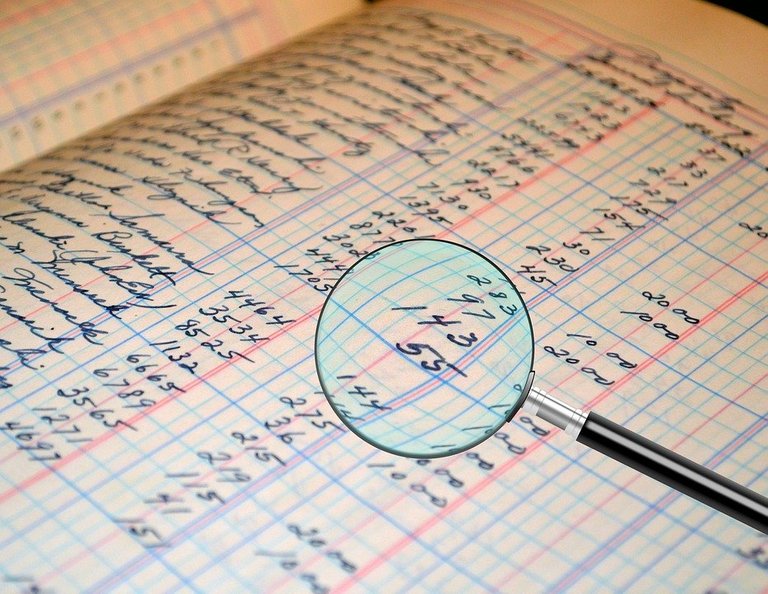The application of Forensic Auditing as a mechanism for detecting organizational fraud
Written by:Diomer Antonio GalánRincón.
Bachelor's Degree.Public Accounting / MSc.Science of Higher Education.

In many countries corruption is one of the main causes of the decrease or loss of public assets, therefore it is important to emphasize that the main function of auditing is to detect such errors and fraud, in these times of so many global changes in societies and companies, It should be encouraged and enriched in the implementation and development of auditing as an effective mechanism deepening in the fight against corruption, this audit has evolved to adapt to these new processes and face the great transformations in different environments, such as initiatives of mergers of organizations, significant technological changes, opening of new products, launching of new services, among others.
Within this evolution, auditing has specialized to offer new models, among these we find the Forensic Audit that emerges as a new technical support to audits in general. In this regard, Rozas (2009) defines Forensic Audit as "It is an audit specialized in obtaining evidence to convert it into evidence, which is presented in the forum, i.e. in the courts of justice, in order to prove crimes or settle legal disputes".

The Forensic Audit is also a tool to achieve transparency in the management of the resources of a financial, administrative or business management, which helps to achieve the trust of citizens. On the other hand, the Venezuelan state has its laws that are within the framework of the constitution, and public accountants must therefore obey those laws, to properly exercise the accounting profession.
Finally we can say that the forensic audit proceeds within the context of a real conflict or a legal action with a significant financial loss, where the forensic auditor acts based on his knowledge related to domains of accounting processes (such as financial information, accounting, finance, audit and control) and knowledge related to financial investigation, quantification of losses and certain aspects of law to issue its verdict.
I hope you like my article and I would appreciate all your comments.
Bibliographic references
0
0
0.000
0 comments